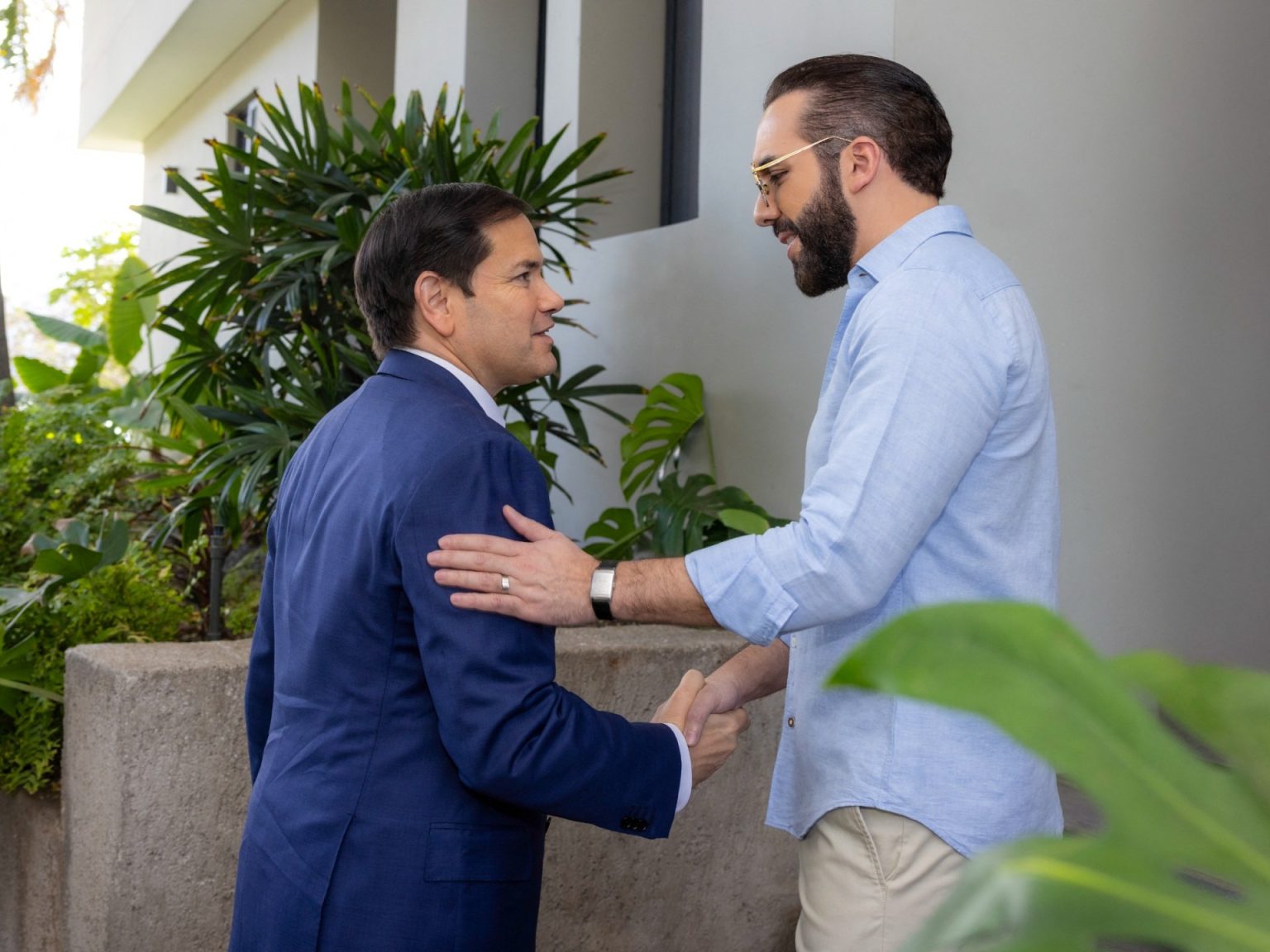Nayib Bukele, the president of El Salvador, has presented a groundbreaking proposal to the United States government: to incarcerate convicted US criminals, including US citizens and legal residents, within El Salvador’s prison system, specifically the Center for the Confinement of Terrorism (CECOT), for a fee. This unprecedented offer, made during a meeting with US Senator Marco Rubio, has been lauded by Rubio as an extraordinary act of friendship and a novel approach to managing criminal populations and potentially addressing immigration challenges.
Bukele’s rationale for this proposition is twofold. Firstly, it offers the US a cost-effective solution for managing its prison population, particularly for individuals deemed dangerous or affiliated with transnational gangs. Secondly, the revenue generated from housing these inmates would provide substantial financial support for El Salvador’s prison system, contributing to its sustainability and potentially enabling improvements in infrastructure and management. This financial aspect is particularly compelling for El Salvador, given the current state of its overcrowded and resource-strapped prisons.
The offer has sparked significant discussion and controversy, particularly considering the documented human rights concerns within El Salvador’s prison system. The US State Department has previously highlighted the harsh conditions in these facilities, citing issues such as inadequate sanitation, limited access to potable water, poor ventilation, and lack of temperature control and lighting. These conditions raise serious questions about the suitability of El Salvador’s prisons for housing foreign inmates, especially given the potential legal and ethical implications related to prisoner treatment and human rights standards.
Senator Rubio’s enthusiastic endorsement of Bukele’s proposal centers on its potential to address the issue of transnational gangs, particularly MS-13 and Tren de Aragua, which have significant presence in both the US and Latin America. Rubio suggests that housing convicted members of these gangs in El Salvador could disrupt their operations and potentially reduce their influence within US communities. This aligns with broader US policy aims of combating transnational crime and addressing the challenges posed by these gangs. However, critics argue that focusing solely on incarceration without addressing the root causes of gang activity, such as poverty, lack of opportunity, and social inequality, is unlikely to provide a long-term solution.
The context of this proposal is intertwined with ongoing debates about immigration and border security in the United States. The Trump administration, with its focus on expedited deportations and increased detention capacity, views Bukele as a key ally in its immigration efforts. Bukele’s aggressive security crackdown in El Salvador, which has resulted in a dramatic decrease in homicides, has earned him praise from some, including the Trump administration, who see him as a strong leader effectively combating crime. However, these same policies have also drawn sharp criticism from human rights organizations, who have documented widespread allegations of torture, abuse, and due process violations within El Salvador’s prisons under Bukele’s leadership.
While Bukele’s proposal may seem unprecedented, the concept of outsourcing prison services is not entirely new. Several countries have explored or implemented similar arrangements, often driven by cost considerations or capacity limitations. However, these arrangements have often faced scrutiny due to concerns about human rights, legal jurisdiction, and the potential for exploitation. The specifics of Bukele’s offer, including the fee structure, the types of crimes covered, and the legal framework governing the transfer and treatment of inmates, remain to be clarified. Further details are essential to assess the feasibility and potential implications of this proposal, particularly in light of the existing concerns about El Salvador’s prison conditions and human rights record.

